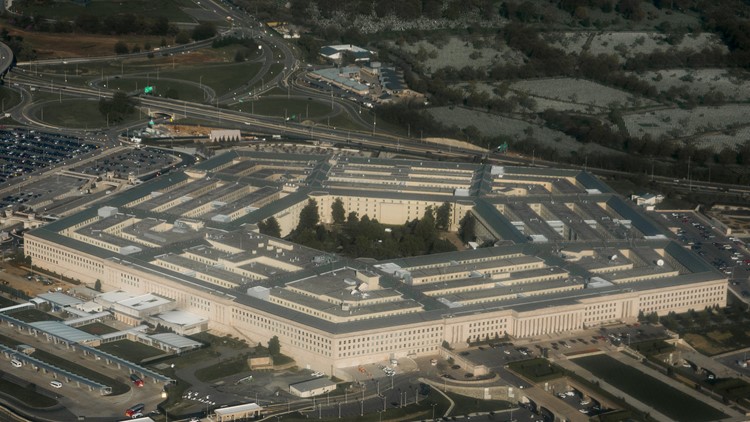WASHINGTON (AP) — Authorities at a Pentagon mail screening facility found two envelopes suspected of containing ricin, a poison made from castor beans, and turned them over to the FBI for further analysis, officials said Tuesday.
One envelope was addressed to Defense Secretary Jim Mattis, who is traveling in Europe this week, and the other to the Navy's top officer, Adm. John Richardson, a defense official said. The official spoke on condition of anonymity because the official wasn't authorized to speak publicly ahead of FBI release of its findings.
Neither envelope entered the Pentagon. The mail screening facility is on the Pentagon grounds but separate from the main building.
Pentagon spokesman Chris Sherwood said the envelopes had been found on Monday.
Another Pentagon spokesman, Col. Rob Manning, said all U.S. Postal Service mail received at the screening facility on Monday is under quarantine and "poses no threat to Pentagon personnel."
Another letter addressed to President Donald Trump at the White House was intercepted by the Secret Service and was being investigated, according to a statement released by the agency Tuesday afternoon.
The potential hazard was first reported by CNN.
In 2001, after the 9/11 terror attacks, several letters with anthrax were sent to congressional and media offices. Those attacks killed five people and sickened more than a dozen other people.
A microbiologist at the Army's elite infectious disease laboratory in Fort Detrick, Maryland, Bruce Ivins is suspected in those attacks. Ivins, 62, died from an intentional overdose of acetaminophen in July 2008 as prosecutors prepared to charge him with sending the anthrax-filled letters.
Ricin is part of the waste "mash" produced when castor oil is made. According to the Centers for Disease Control and Prevention, if it is made into a partially purified material or refined, ricin can be used as a weapon capable of causing death under certain circumstances.
USA TODAY contributed to this report.



